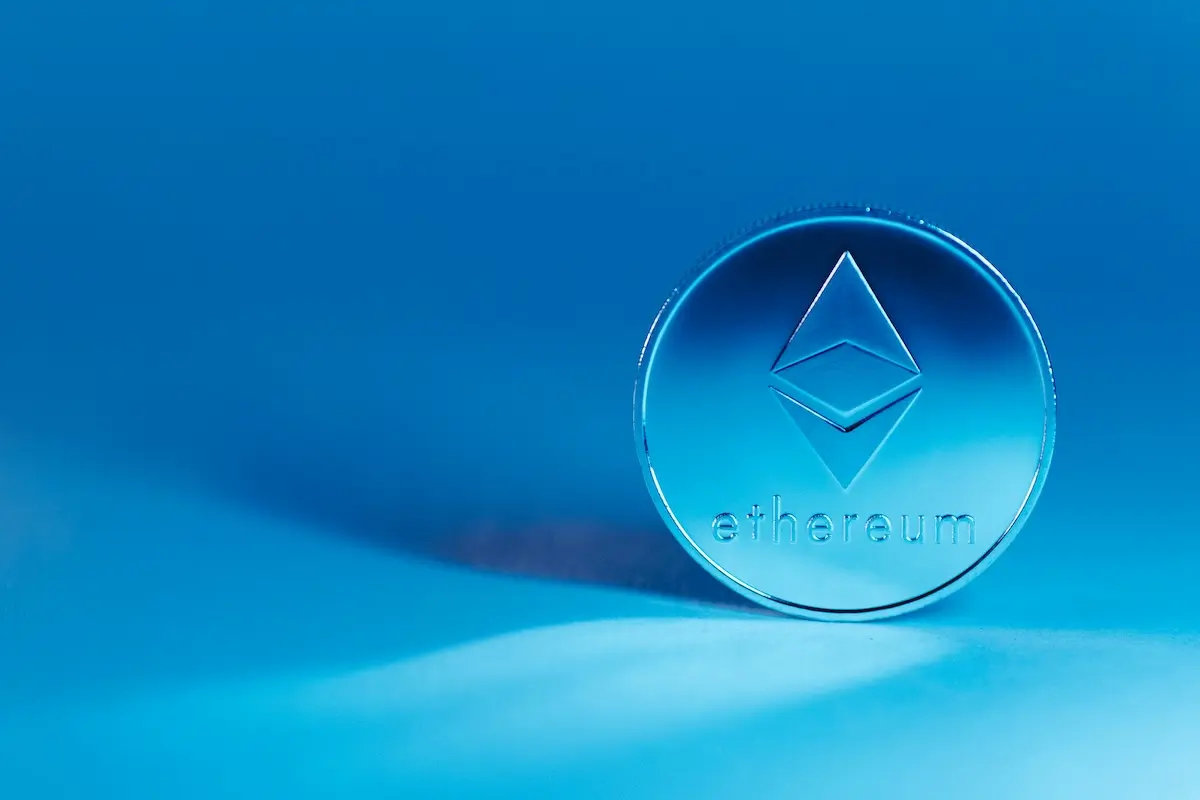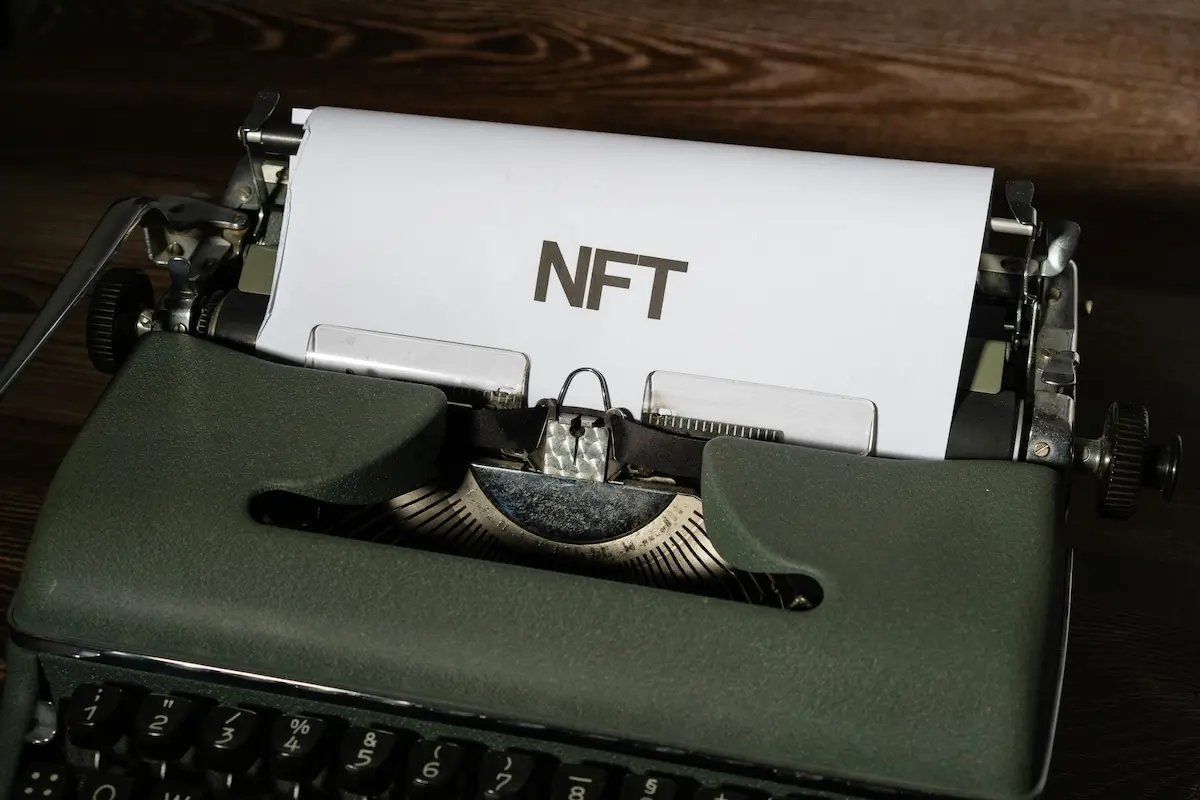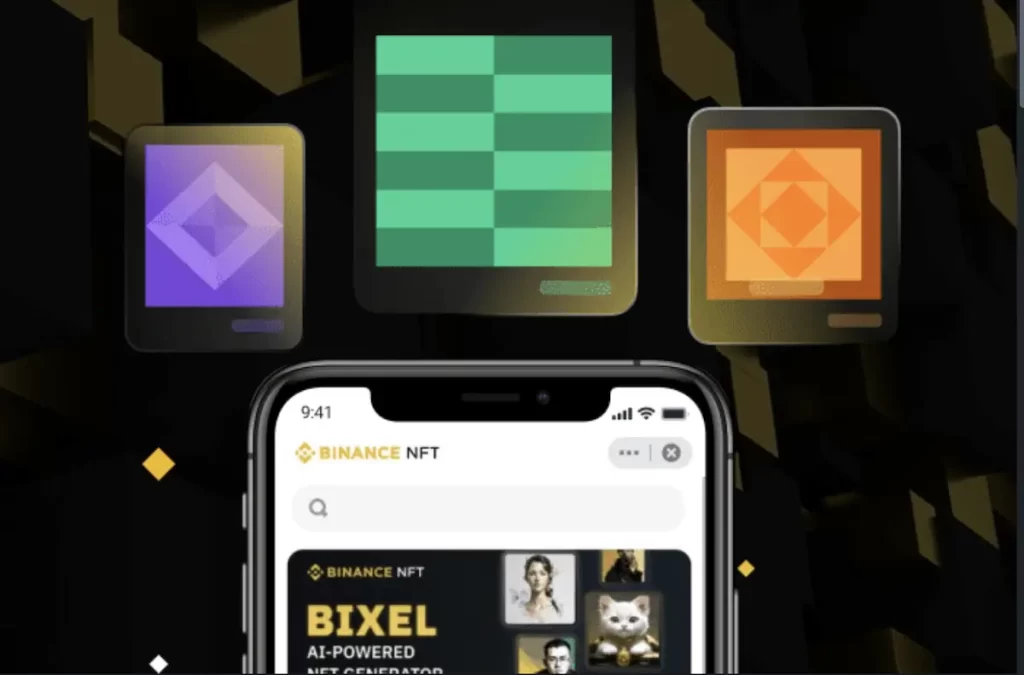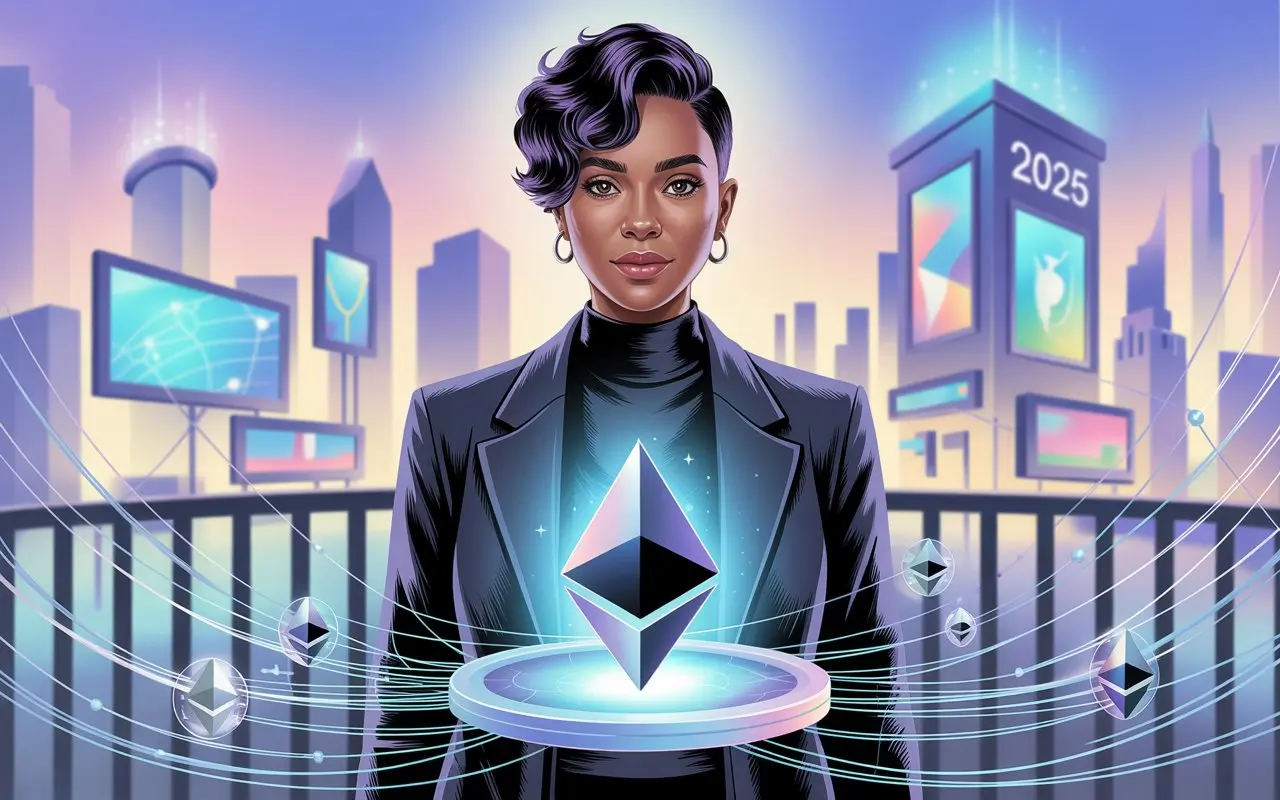I’m often asked by our community to explain the ins and outs of Web3 products and services, including Ethereum. I relate to that sense of curiosity about it. I was intrigued back in 2018 when I first heard about it. That’s when my research started.
At InfluxJuice, we specialise in search engine marketing for Web3 businesses, so people naturally turn to us for answers about everything from Ethereum to NFTs and dApps.
Honestly, I welcome these questions. Many times, someone’s query is something I need to research myself. It reminds me of my days teaching English: even as a trained teacher, I didn’t know everything about the language. The best way to learn something deeply is to teach it to someone else. Every time I’m asked about a Web3 topic, it’s a chance to dig in, find the clearest explanation, and add that insight to our blog and newsletter for everyone’s benefit.
So, if you’ve ever wondered about Ethereum, smart contracts, gas fees, or how to keep your crypto safe, you’re in the right place. Your questions don’t just help you—they help the whole community learn.
Ethereum is the backbone of decentralized apps, smart contracts, and NFTs. It’s the most questioned platform for developers, investors, and creators – everyone wants to know how it works, why it matters, and what makes it unique. Here are the answers to the most common questions about Ethereum, written in plain English.
What is Ethereum?
Ethereum is a blockchain platform designed to let anyone build decentralized applications (dApps) and smart contracts. Unlike Bitcoin, which is mostly for peer-to-peer payments, Ethereum is a programmable blockchain. Think of it as a global computer that anyone can use to build and run software without a central authority.
How Do Smart Contracts Work on Ethereum?

A smart contract is a self-executing agreement with the terms directly written into code. Once deployed on the Ethereum blockchain, a smart contract runs automatically when its conditions are met. No middleman required.
Real-world examples:
- Automatic payments for freelance work when tasks are completed
- NFT sales: transferring ownership instantly after payment
- Decentralized finance (DeFi): loans, swaps, and insurance without banks
Smart contracts are transparent, tamper-proof, and run exactly as programmed.
What Are dApps and Why Are They Built on Ethereum?
dApps, or decentralized applications, are apps that run on a blockchain instead of a single server. They use smart contracts to handle logic and data, making them censorship-resistant and always available.
Why Ethereum?
- Largest developer community
- Mature ecosystem with thousands of tools and libraries
- Proven security and reliability
- Wide support for tokens and standards
From DeFi platforms to NFT marketplaces and games, most dApps start on Ethereum.
What Makes Ethereum Popular for NFTs?

NFTs (non-fungible tokens) are unique digital assets – think digital art, collectibles, and in-game items. Ethereum became the main platform for NFTs because it introduced the ERC-721 and ERC-1155 standards, which made it easy for developers to create, buy, and sell NFTs.
Why Ethereum for NFTs?
- Early mover advantage
- Most NFT marketplaces (OpenSea, Rarible) run on Ethereum
- Strong network effects and liquidity
How Does Ethereum’s Gas Fee System Work?
Every action on Ethereum – sending ETH, minting an NFT, running a smart contract – requires a fee, called gas. Gas fees are paid in ETH and compensate miners (or validators) for processing transactions.
Why do gas fees fluctuate?
- Network congestion: More users = higher fees
- Complexity: More complex smart contracts = higher gas
- Gas prices are set by supply and demand
High gas fees can be a pain, but they help keep the network secure and spam-free.

One recent question I’ve been asked is how to save on Ethereum’s gas fees. Here’s a tip: you can often pay much lower gas fees by bridging your Ethereum to a Layer 2 (L2) blockchain like Base, developed by Coinbase.
Layer 2 solutions process transactions off the main Ethereum chain, reducing congestion and costs – making them a smart move for many users.
Let me know in the comments if you’d like me to write an article on this subject.
Is Ethereum Secure and Decentralized?
Ethereum is decentralized, meaning no single entity controls the network. Thousands of nodes around the world keep copies of the blockchain and validate transactions. Security comes from this decentralization and from the transparency of open-source code.
Risks:
No system is perfect. Smart contract bugs, phishing attacks, and scams are still possible. Always use trusted apps and wallets.
What’s the Difference Between Ethereum and Ethereum 2.0?
Ethereum 2.0 (now called the consensus layer) is a major upgrade designed to make Ethereum faster, cheaper, and more sustainable.
Key changes:
- Switch from Proof of Work (mining) to Proof of Stake (validators)
- Sharding: splitting the blockchain into smaller parts for efficiency
- Lower energy use and higher transaction capacity
The upgrade is rolling out in phases, with big improvements already live.
How Can You Buy and Store ETH?

Buying ETH:
- Use a crypto exchange like Nexo, Coinbase, Binance, or Kraken
- Buy with fiat (USD, EUR, GBP) or swap other cryptocurrencies
Storing ETH:
- Hardware wallets (Ledger, Trezor) for maximum security
- Software wallets (MetaMask, Trust Wallet) for convenience
- Custodial wallets (on exchanges) are easy but less secure
Always back up your wallet and keep your recovery phrase safe.
Quick Answers to Top Ethereum Questions
| Question | Quick Answer |
|---|---|
| What is Ethereum? | A programmable blockchain for dApps and smart contracts |
| How do smart contracts work? | Self-executing code that runs automatically |
| Why are dApps built on Ethereum? | Largest ecosystem and best tools for developers |
| Why is Ethereum big for NFTs? | Introduced NFT standards, most marketplaces run on it |
| What are gas fees? | Transaction fees paid in ETH, vary with network demand |
| Is Ethereum secure? | Decentralized and transparent, but always use caution |
| What’s Ethereum 2.0? | Major upgrade: Proof of Stake, sharding, lower fees |
| How do I buy/store ETH? | Buy on exchanges, store in hardware/software wallets |
Key Takeaways
- Ethereum powers most dApps, smart contracts, and NFTs.
- Gas fees are a cost of using the network and can change quickly.
- Ethereum 2.0 brings speed, sustainability, and lower costs.
- Security depends on decentralization and user caution.
- Buying and storing ETH is easy with the right tools.
How to Learn More about Ethereum
To help you deepen your understanding of Ethereum and Web3, I’ve included a selection of resources grouped by topic. Each set is designed to give you practical insights, technical guidance, or foundational knowledge – whether you’re a beginner or already building on Ethereum.
1. Ethereum & Web3 Frequently Asked Questions and Guides
- 101 Frequently Asked Questions About Ethereum (Redot)
- Investopedia: What Is Ethereum?
- Wikipedia: Ethereum
- Bitwise: What Is Ethereum?
- Coinbase Learn: What Is Ethereum?
- Bitpanda Academy: What Is Ethereum?
- The Wealth Mastery: NFT Frequently Asked Questions
These articles and FAQs are ideal for anyone seeking clear, reliable answers to the most common questions about Ethereum, NFTs, and blockchain basics.
2. Smart Contracts, dApps, and Technical Deep Dives
- QuizGecko: Ethereum Smart Contracts Quiz
- Ethereum.org: NFTs
- WazirX: Ethereum dApps
- Deltec Bank: Ethereum’s Smart Contracts Explained
- Ethereum StackExchange: Smart Contract Deployment Errors
- CoinDeveloperIndia: Benefits of Ethereum dApp Development
- LinkedIn: Ethereum dApp Development 101
- DappRadar: Ethereum dApp Rankings
- Ethereum Classic: What Are dApps?
These resources are great for developers and technically curious readers. They cover how smart contracts work, common pitfalls, the process of building dApps, and how to track the most popular applications on Ethereum.
3. Interview Questions and Developer Resources
- Blockchain Magazine: Top 10 Technical Smart Contracts and Ethereum Interview Questions
- The Knowledge Academy: Ethereum Interview Questions
- FinalRoundAI: Ethereum Developer Interview Questions
These links are especially useful for developers preparing for interviews or anyone wanting to test and expand their technical Ethereum knowledge.
Want to learn more about building on Ethereum or investing in ETH? Stay tuned for more guides, or reach out with your questions. Ethereum’s future keeps expanding – now’s the time to get involved.
_________________________________________________________________
Want to know how to increase customers and sales for your business?
Tap here to chat to me and I’ll show you how we make it happen.
If you’ve enjoyed reading today’s blog, please share our blog link below.
Do you have a blog on business and marketing that you’d like to share on influxjuice.com/blog? Contact me at rob@influxjuice.com.
Want to know how we can guarantee a mighty boost to your traffic, rank, reputation and authority in you niche?
Click here to access our Playbook – ‘SEM/GEM Guide’.

